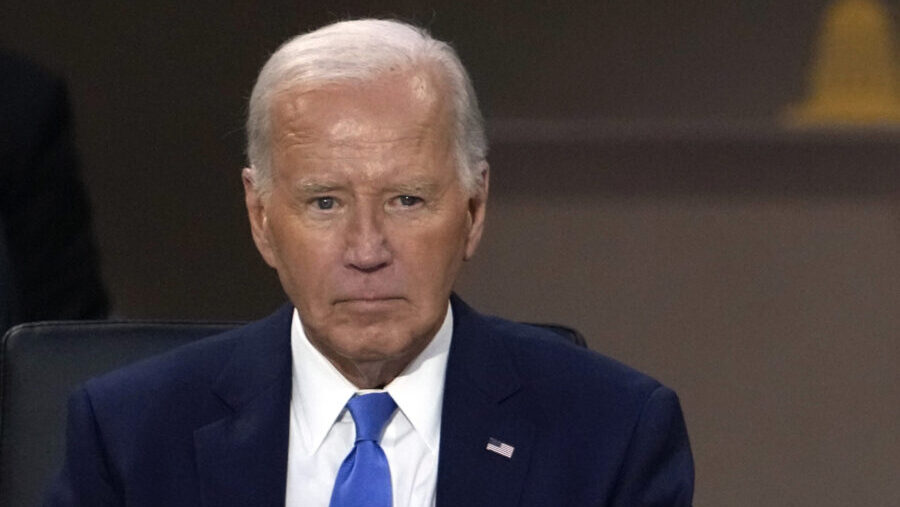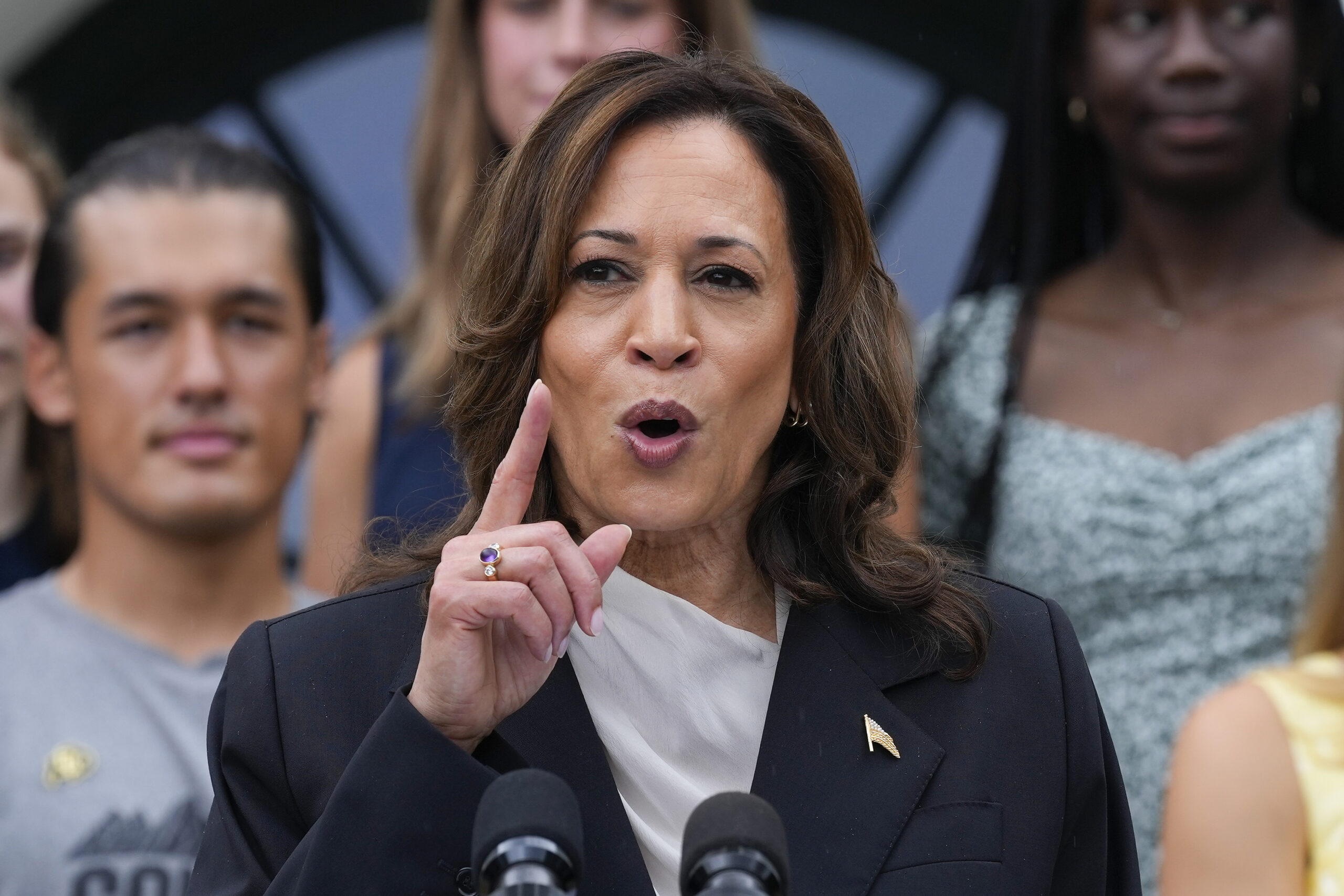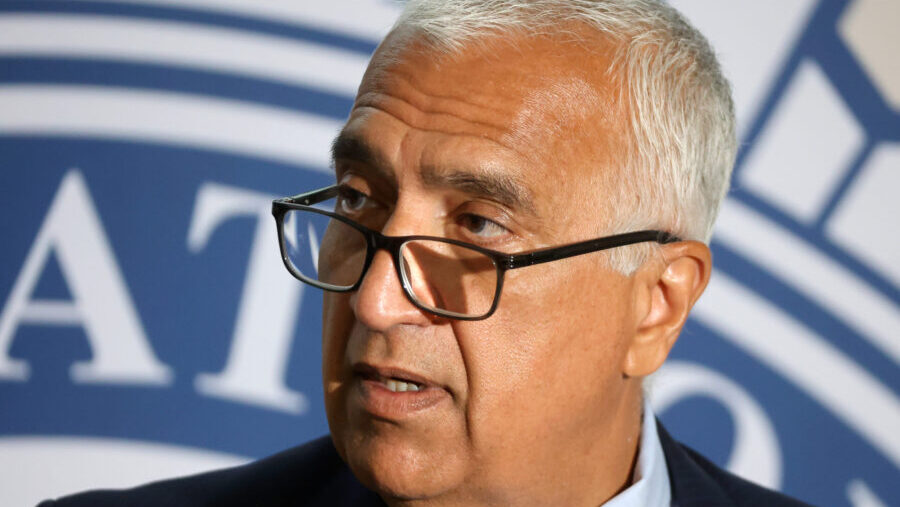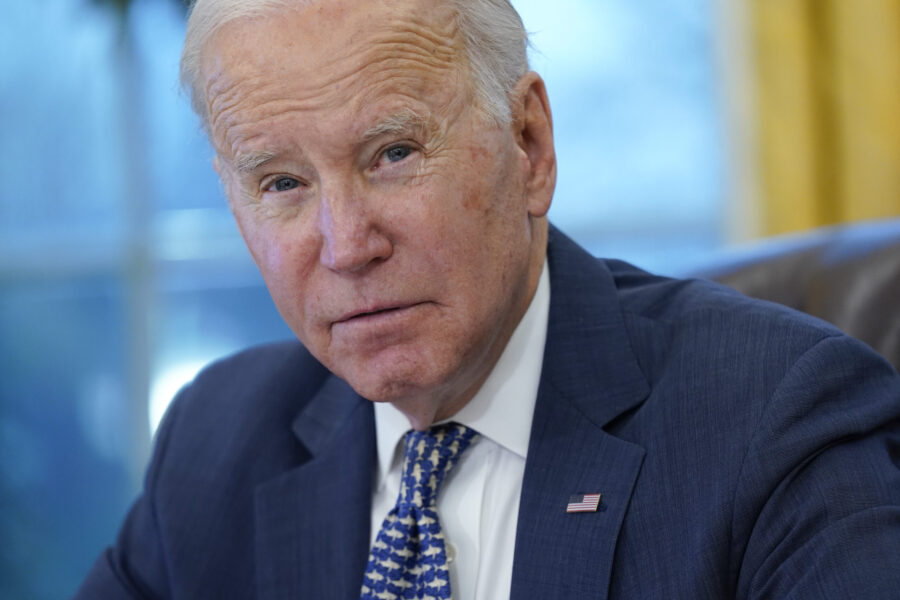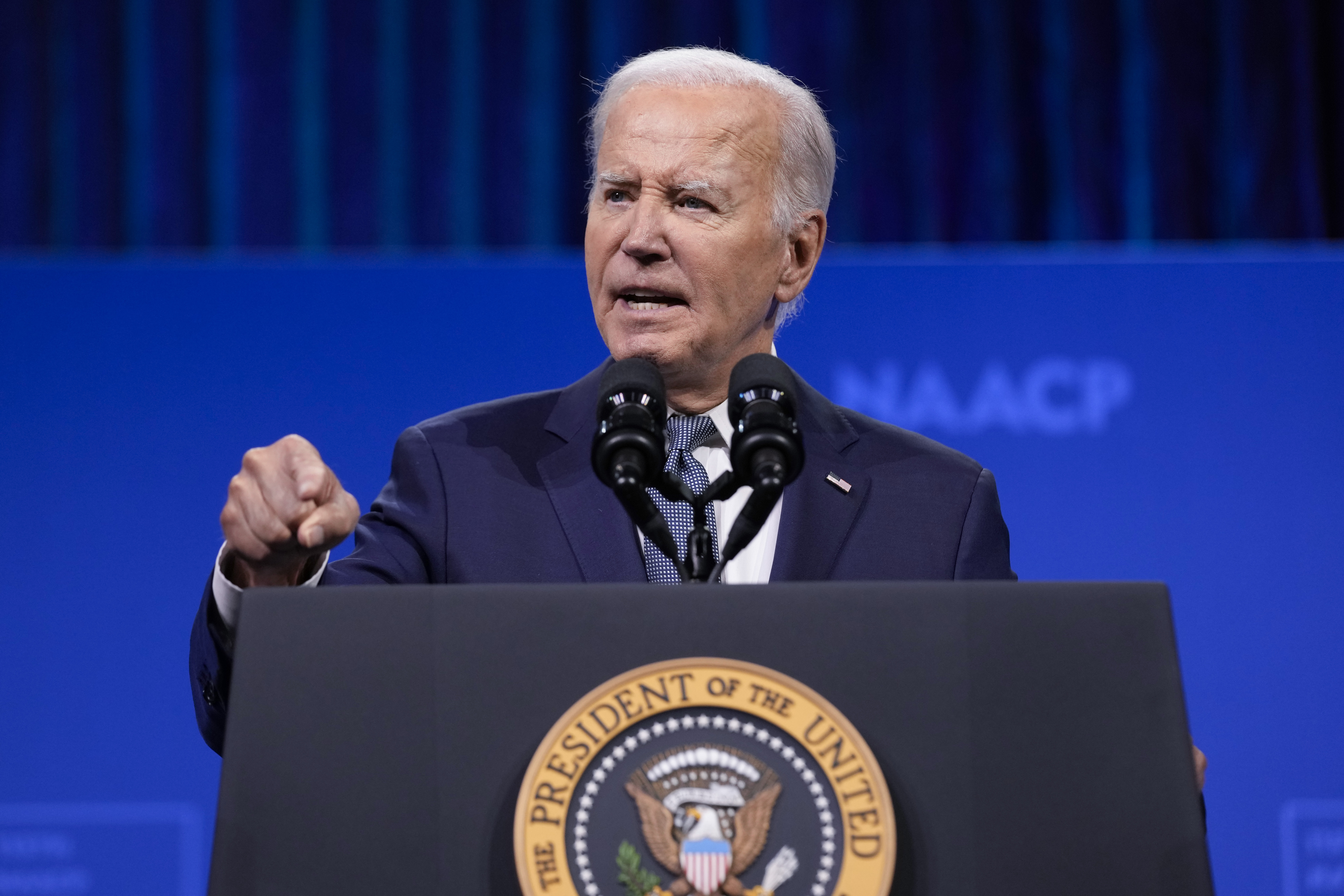Legislators pushing to extend task force for missing, murdered Indigenous people
Oct 18, 2022, 3:01 PM | Updated: Nov 22, 2022, 10:51 pm

Rep. Angela Romero, D-Salt Lake City, speaks during a tribute for murdered and missing Indigenous women in Utah at the Capitol in Salt Lake City on Feb. 4, 2019. Romero and other members of the Native American Legislative Liaison Committee voted unanimously Monday night to make a favorable recommendation on a bill that would extend the Utah Murdered and Missing Indigenous Women and Girls Task Force until November 2024. (Silas Walker, Deseret News)
(Silas Walker, Deseret News)
SALT LAKE CITY — A Utah task force to solve and prevent the murders and disappearances of Indigenous people may be getting an extension according to a ksl.com report.
The Native American Legislative Liaison Committee voted unanimously Monday night to make a favorable recommendation on a bill that if passed in the 2023 legislative session would extend the Utah Murdered and Missing Indigenous Women and Girls Task Force until November 2024.
Currently, the task force is set to expire in 2023. The bill, which Rep. Angela Romero introduced to the committee, also renames the task force to the Murdered and Missing Indigenous Relatives Task Force and pushes back the deadline for the task force to report on its findings and provide recommendations.
According to Romero, the main factor in extending the task force was the Legislature‘s decision this year to appropriate $130,000 for a study on reducing gender violence and increasing the safety of Indigenous women and girls in Utah. Since the study results won’t be available until November of this year, Romero said extending the task force’s lifespan will allow the task force to share its findings with tribal communities and other stakeholders and get feedback from them.
The task force recently contracted with the Amherst H. Wilder Foundation to produce the report. The foundation is currently working with the state of Minnesota on a similar report.
Utah has the eighth-highest number of missing and murdered Indigenous women and girls cases in the country, according to a national report. The report also listed Salt Lake City as ninth out of 71 cities with the highest number of cases.
“I’m also really grateful that we have this opportunity to be able to partner and bring some research into what I think Indigenous people know about this issue,” task force member Kristina Groves said during a meeting Saturday. “And while that is sometimes disheartening that we have to validate through colonial processes the information that our communities know, I’m hopeful that it will give a little bit more legitimacy to outside groups about how big this issue really is and why it’s not just an Indigenous issue, but it is a community issue.”


